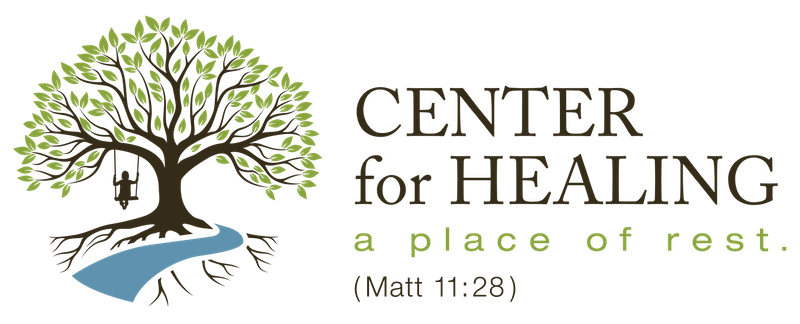I recently suffered a minor health emergency. It was a reminder that I am getting older, whether I like it or not, but it was much more a potent reminder of the power of friendship. Like most people, I am busy with my daily responsibilities, and don't spend as much time as I might like with my friends. I find that I tend to take them for granted, and we reach out to each other at moments of grief or celebration, but we can't help but miss the little moments that fly by in between. Then something happens, and all that busyness seems to fall away and they show up, seemingly out of nowhere, to bring a meal or lend an ear. And friendship picks up just where you left off, and you catch each other up and wonder what happened to all that time in between. It feels like a miracle that a thing so beautiful has been preserved despite my neglect. Then, just this past week, I was speaking to one of my daughters, listening while she cried and told the story we've all heard and told so often, of friends who were there when they needed her, but not when she needed them.
I was reminded of a distinction that I encountered in Drs. Cloud and Townsend's seminal work, Boundaries. In that book they draw a meaningful distinction between being responsible to our neighbor and taking responsibility for our neighbor. They argue that the Gospel calls us to be generous in helping our neighbors bear those burdens that are too heavy for them to bear alone. In that way we are able to do for others what Jesus has done for us, when he took up the cross to accomplish what we could not accomplish for ourselves, our salvation. We cannot, however, take responsibility for our neighbor. We cannot do for them what they can and ought to do for themselves. If we do, we risk limiting their freedom and our own.
My friends came to my aid when I couldn't help myself, they were responsible to me, reaching out in freedom to give a gift of time, food and attention. Sometimes, however, our friends and family try to be responsible for us or expect us to be responsible for them. The friend who insists that you listen to all his woes without comment, but then lets you know exactly how you ought to handle your own problems, is not being responsible to you, offering you the gift of himself. He is asking you to be responsible for him, listen without offering yourself, and then to allow him to be responsible for you, by following his advice and living according to his ideas. Friendships based on being responsible for each other will eventually breed resentment and irritation. Resentment is what we naturally feel when we give without freedom, that is, when we give because we feel like we have to, like we don't have a choice. Very often, we build friendships on this paradigm of compulsion because of our own fears and insecurities, because we don't know what will happen to our friendship if we say 'no'. Other times, we decide that not giving our friend whatever she asks would be selfish, and therefore, not the way a Christian ought to behave. The fact is that Christians are called to generously give of themselves in freedom. If we don't want to give, or know that we can't afford the time, money or energy, then we are called to good stewardship of our limited resources. We are called to say 'no'. Does that strike you as strange? Read the Gospels again, esp. Luke 4:42-44; Luke 12:13-15; John 6:26-27.
Real friendship is full of reciprocity, giving and receiving of ourselves. We give advice and empathy, assistance and even correction. We share our "joys and sorrows", to use the language of John Paul II, with one another. We help each other carry burdens that are too large to carry alone, but we also remind our friends about their own resources and strengths. We notify them when we discover that we have reached our limits and can give no more. We remind them when they have asked us to take responsibility for them that doing so would be a violation of their freedom, though it might look like kindness. By setting these boundaries within friendship, we liberate ourselves and our friends to be able to give freely. We are less likely to feel like we've been asked to give too much, because we have built a friendship that we are sure can survive the word 'no'.
My 'no' may cause disappointment and even frustration for my friend, but next time I am able to give, she will know that I am giving freely and won't worry about 'being a burden' because she knows that I can say 'no' if I feel I need to. It also liberates her to say 'no' and allows her to give in freedom, so that I don't have to wonder if I am asking too much. This kind of friendship in freedom is possible, but it requires the courage to worry less about being nice, and more about being real. By acknowledging both my need and my limitations, I can begin to share my whole self with my friends, not just those parts it is convenient for them to see, and then my friends and I can begin to experience the power of Jesus' promise that "the truth will make you free" (John 8:32).
Recommended Reading: Boundaries by Dr. Henry Cloud and Dr. John Townsend;
Familiaris Consortio, Apostolic Exhortation by Pope John Paul II (can be found here: https://www.vatican.va/content/john-paul-ii/en/apost_exhortations/documents/hf_jp-ii_exh_19811122_familiaris-consortio.html)



